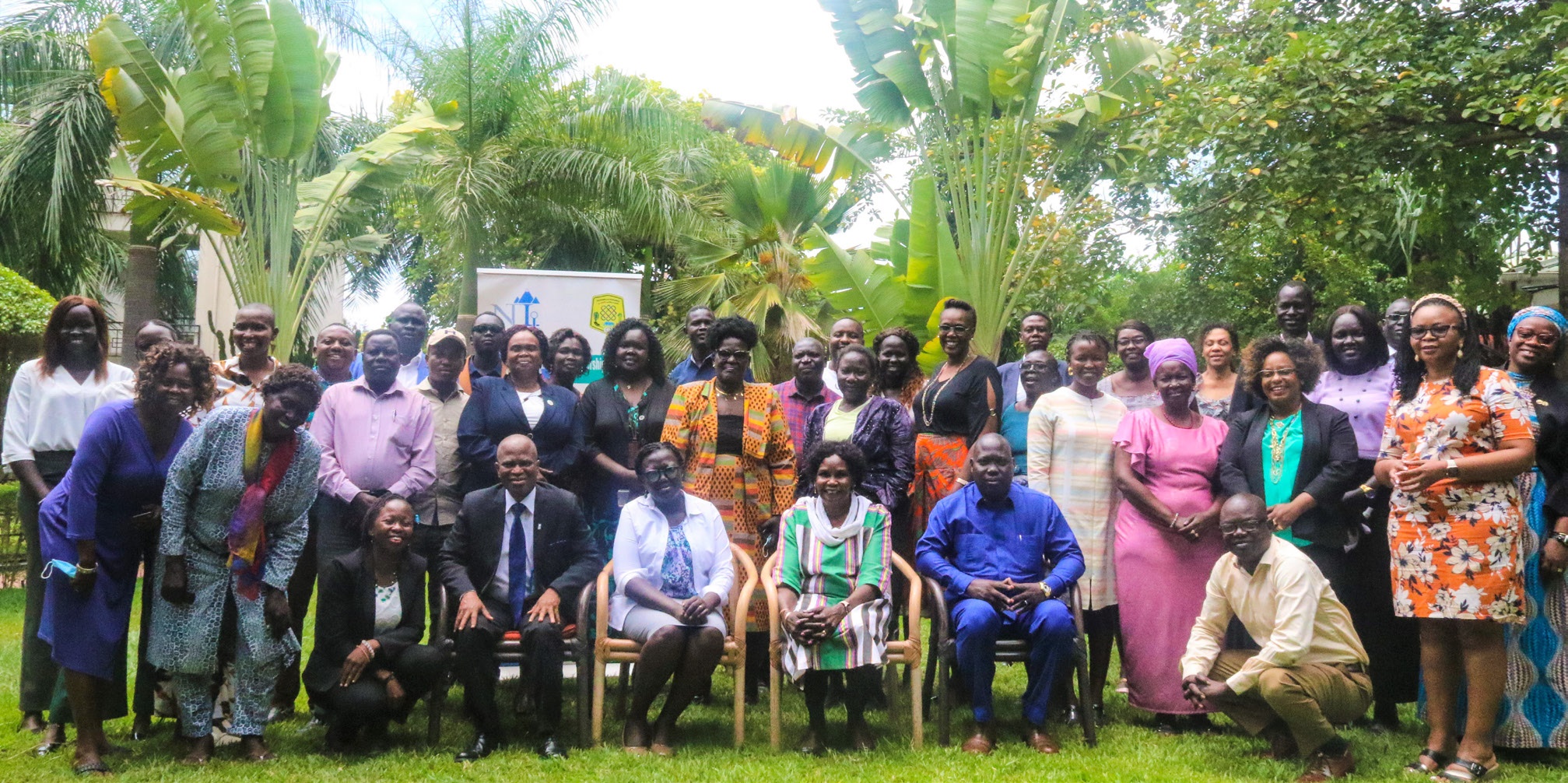UNDP Supports the Validation Of Gender Mapping and Assessment Of Public Administration At State Level
December 14, 2022

Minister for Gender - Benjamin Aya Warile and UNDP DRR – Titus Osundina with other participants during a validation workshop of a Gender Mapping and Assessment of Public Administration at state level.
As a positive step towards efforts on gender mainstreaming in various public institutions of South Sudan, UNDP supported the validation workshop of a Gender Mapping and Assessment of Public Administration at state level.
Speaking during the opening, Deputy Resident Representative Titus Osundina thanked the Ministry of Gender, Child and Social Welfare and the National Transformational Leadership for the Institute partnership and for prioritizing such an important study.
‘I would like to extend my heartfelt congratulations to the Ministry of Gender for making it possible for South Sudan to be included among the countries that have conducted the study at the national and state levels and generated some data.’
Mr. Osundina said 'Gender equality in public administration not only gives women a voice at the table but also fuels greater societal impacts. Evidence shows that when women are present in policymaking decisions, social equity issues around poverty, health care, education, and gender-based violence are more likely to be addressed, which are ultimate outcomes of the SDG initiative.’ He added.
UNDP introduced the Gender Equality in Public Administration (GEPA) initiative and its research tools in 2019 during the 2019 convention on the status of women (CSW63) side event. The Initiative aims to establish a global tracking mechanism that will institutionalize the monitoring of the state of gender equality in the civil service – at both national and local level.
To realize gains of the peace agreement’ gender provisions, UNDP’s partnership also supports the implementation of the gender provision in the R-ARCS. Through the STEG-SS Project, UNDP will work with key institutions at the national level, including the Ministry of Finance and Planning, National Bureau of Statistics, Ministry of Investment, and the Transitional National Legislative Assembly.
At the state level, the geographical focus of the project is intended to build on earlier investments in PFM work in six states (Northern Bahr El Ghazal, Western Equatoria, Central Equatoria, Eastern Equatoria, Jonglei and Warrap), where UNDP supported PFM capacity building of State Legislative Assemblies, and State Revenue Authorities.
The project will initially focus on 3 state capitals: Juba/Central Equatoria, Wau/Western Bahr el Gazal and Malakal/Upper Nile, and depending on the specific activity (such as investment, data collection etc.), extend to states in the 3 sub-regions.

 Locations
Locations

